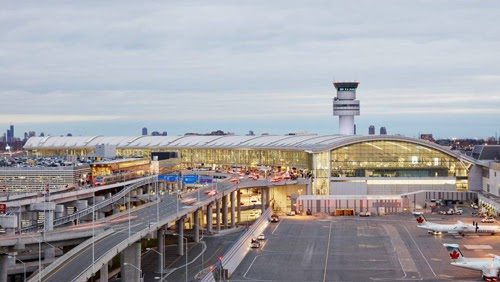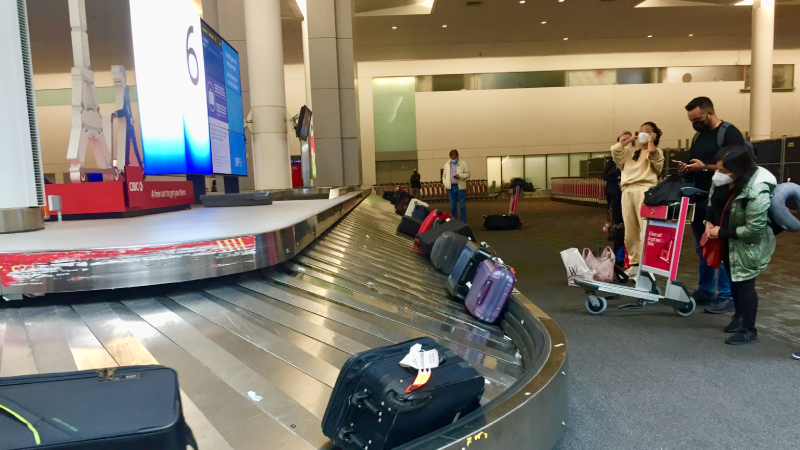
Toronto Pearson International Airport, previously ranked as the world's worst for flight delays, is now claiming a turnaround.
During a 18JUL performance update, Deborah Flint, President and CEO of the Greater Toronto Airports Authority (GTAA), highlighted improvements in the airport's operational efficiency.
At the press conference on 18JUL, Flint emphasized the airport's commitment to streamlining operations through the implementation of digital advancements and staffing initiatives. As previously reported by Open Jaw, the improvements are intended to speed check-in and boarding processes, reduce wait times and upgrade baggage infrastructure.
"I am proud of the exceptional teamwork demonstrated by the Toronto Pearson team leading up to the summer season, which has collectively strengthened the overall resilience of our ecosystem," said Flint. "The tangible improvements in Toronto Pearson's performance go beyond mere recovery but lead us toward a future airport with more choices and excellent customer experiences. Day in and day out, employees across the ecosystem show Toronto Pearson's unwavering commitment to delivering a seamless and enjoyable air travel experience."
However, some industry experts have raised concerns regarding the airport's accountability regarding infrastructure-related issues.

Updating its baggage infrastructure has been a focus for the airport, with the average wait time for all bags arriving at the carousel decreasing to an average of 20 minutes, down from 26 minutes for the same period last year.
Pearson’s press release notes “Airlines manage baggage delivery, but Toronto Pearson has made it an ongoing focus for collaborative improvement."
Some insiders find this point particularly egregious as it offloads responsibility for baggage onto the airlines. In actual fact, airports own and operate the baggage infrastructure and lease those assets and services to the airlines.
As a longtime industry executive told Open Jaw, "It's unfortunate that airports believe they are not accountable for the infrastructure they provide to their customers (airlines, ground handlers, and passengers).
"They are happy to charge some of the highest fees on earth at Toronto Pearson and then accept no accountability or ownership. Delays and baggage failures related to infrastructure failures are not the fault of any airline."
As Open Jaw reported, Ottawa has taken steps to increase accountability for airports and airport operators. Airlines have long advocated for the government to address the issue, asserting that airlines should not be solely responsible for issues such as long lineups, wait times, lost luggage, flight delays, or cancellations.
The argument put forth by individual airlines and the National Airlines Council is that security screening and other airport operations, such as baggage infrastructure contribute to these problems.
At its mid-summer performance update, Pearson also boasted a decrease in gate holds, stating that only one flight experiencing a nine-minute hold occurred during the week of 03-09JUL, compared to 34 flights with an average hold time of 10 minutes last year.
Security wait times at both T1 and T3 have also improved, with 91 per cent of passengers clearing security in under 15 minutes. Wait times for passengers entering Canada have also decreased, with an average customs wait time of just seven minutes.
According to a recent survey by Pollara, 75 per cent of travellers who have passed through YYZ over the past year are satisfied with their experience.





